
3 June 1939
The Government enacts the Military Training Act. This is effectively a peacetime conscription for all men aged 20-21. Potentially, they can now be called up for military service of four years.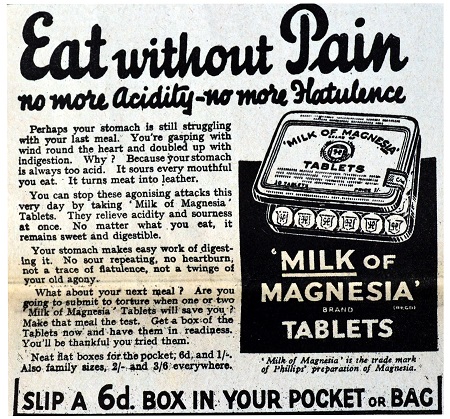
24 August 1939
The Emergency Powers Act 1939 (Defence) is enacted. This is the first step towards a state of martial law, giving the Government special legislative powers for the duration of the war.
The Army reserves are called up.
Civilian Defence (ARP) organisations are placed on an alert footing.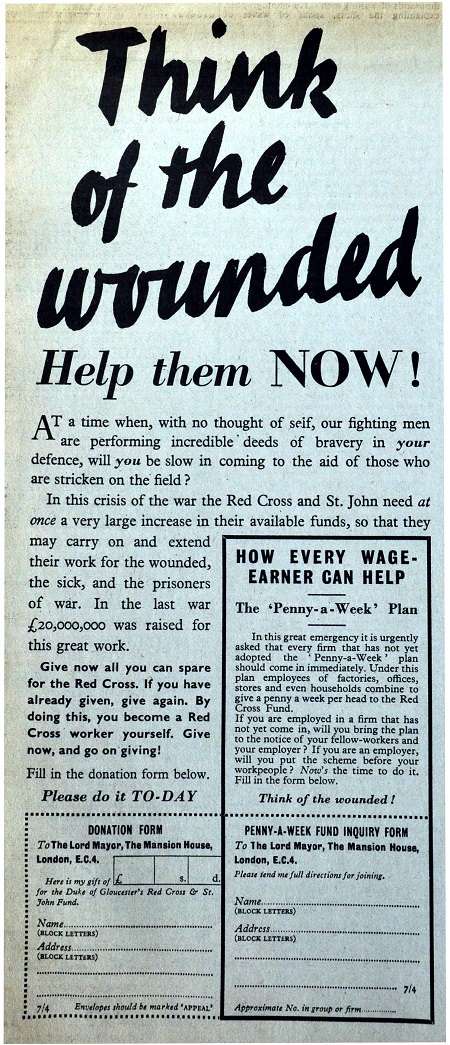
25 August 1939
The Territorial Army is mobilised for national defence, deployed to protect sensitive locations.
30 August 1939
The Royal Navy is mobilised for war.
1 September 1939
Previous plans for the evacuation of vulnerable people (children, nursing and expectant mothers) are put into action.
Start of the blackout. To read more about the blackout, click here.
Mobilisation of the Army.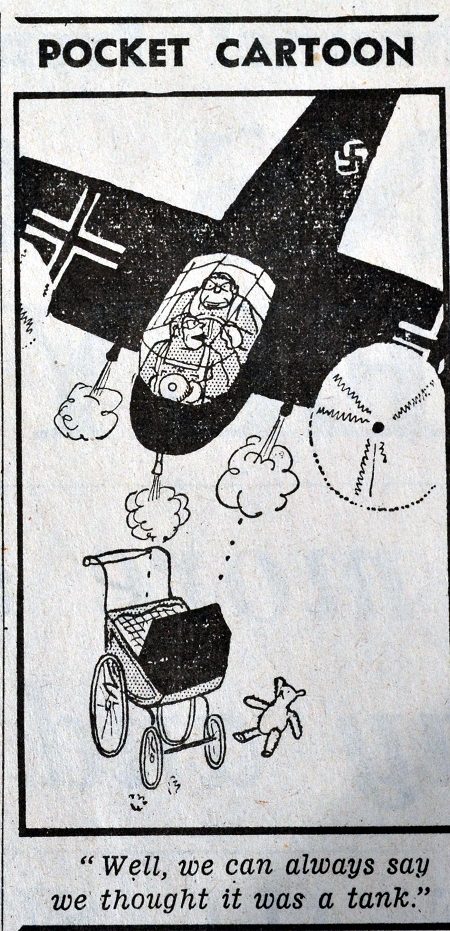
2 September 1939
Neville Chamberlain abandons an offer to negotiate for peace between Germany and Poland. This leads to the ultimatum to Hitler.
3 September 1939
11.00: Chamberlain addresses the nation to say that the ultimatum having expired, Britain is now at war with Germany.
1120: The first air raid sirens sound across London; this turned out to be a false alarm.
The Government is reformed into the War Cabinet which sees the return of Winston Churchill as First Lord of the Admiralty.
Parliament passes The National Service (Armed Forces) Act. All men aged 18-41 are now potentially liable for conscription.
7 September 1939
Parliament passes The National Registration Act which makes it a criminal offence not to carry identity cards.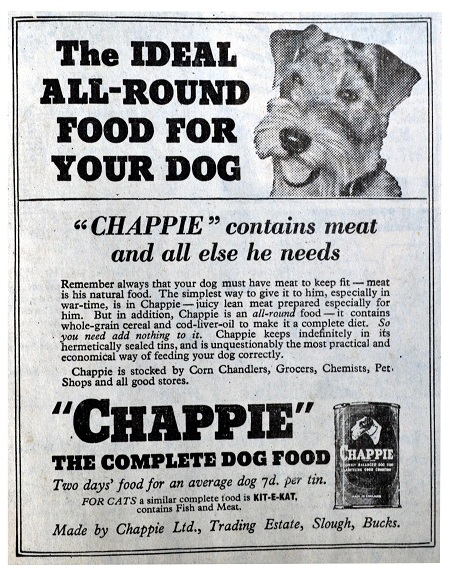
23 September 1939
The introduction of petrol rationing.
27 September 1939
The Cabinet introduces an increase in income tax as part of its first wartime Budget. 1 October 1939
1 October 1939
All men aged 20-21, who have not already done so, must now apply for registration for military service.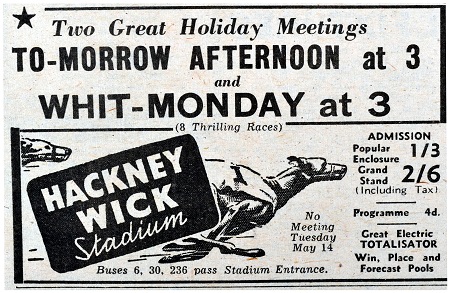
6 October 1939
With the capitulation of Poland, the Phoney War officially begins.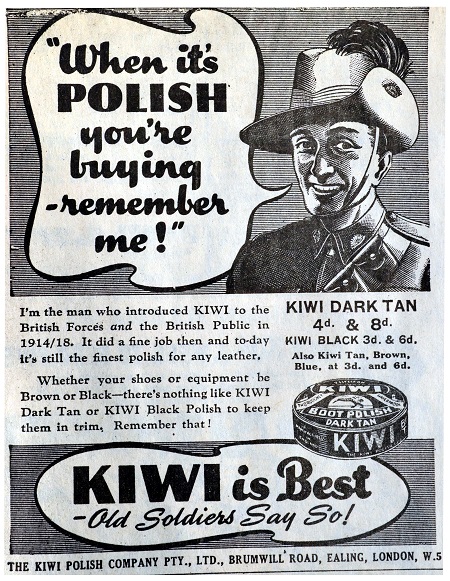
November 1939
Due to the lack of any enemy air attacks, London schools begin to re-open as evacuee children begin to return to London.
(Some 35% of London schoolchildren had returned by January of 1940)

8 January 1940
Food rationing is introduced.

May to June 1940
The evacuation of 160,000 children from London is recommenced along with the relocation of children who had previously been settled in areas on the coast, now deemed as at risk from a potential German invasion.
7 May 1940
A debate in the House of Commons on the subject of the recent events in Norway leads to a vote of no confidence in Chamberlain, which results in his resignation three days later.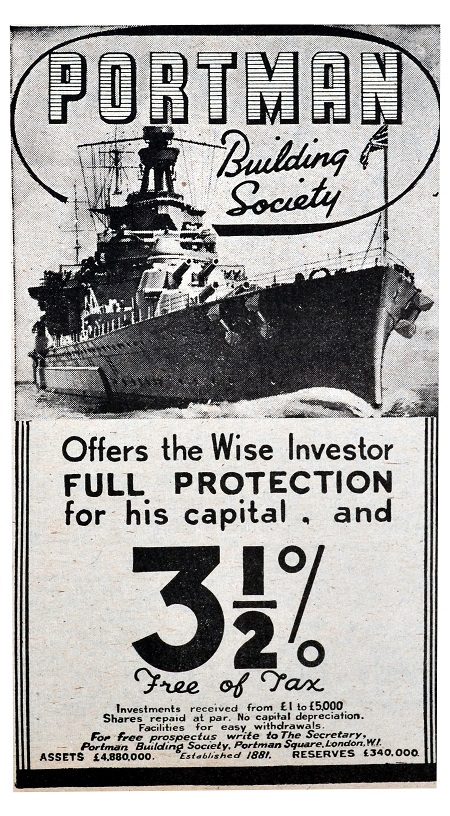
8 May 1940
Jews are no longer recognised as citizens of Germany by the NAZIS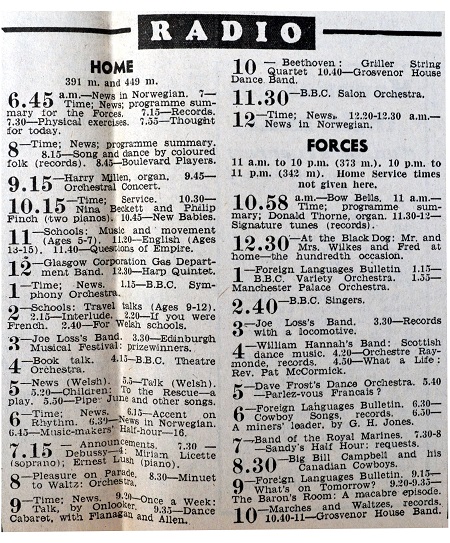
10 May 1940
The invasion of France and the Low Countries begins, thus officially ending the Phony War.
Winston Churchill replaces Chamberlain as Prime Minister and forms an all-party coalition government.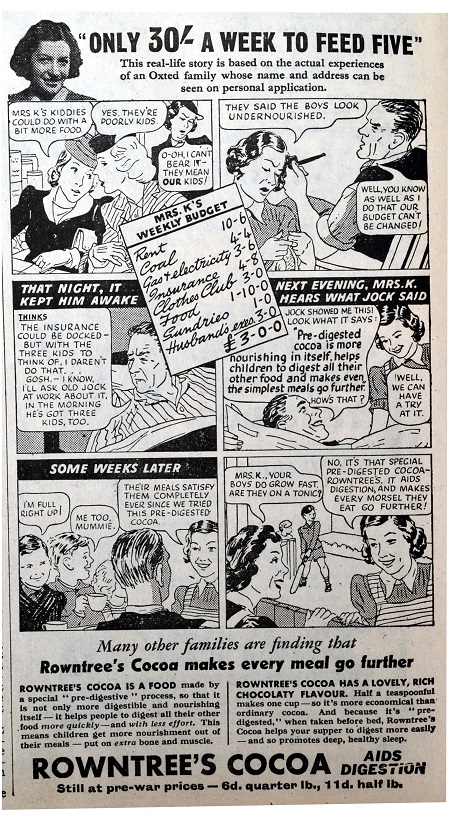
12 May 1940
Starting with those located in the southern coastal areas, the British begin the internment of all German and Austrian males aged between 16 and 60.
14 May 1940
Anthony Eden broadcasts to the nation on the BBC, calling for the creation of the Local Defence Volunteers (LDV)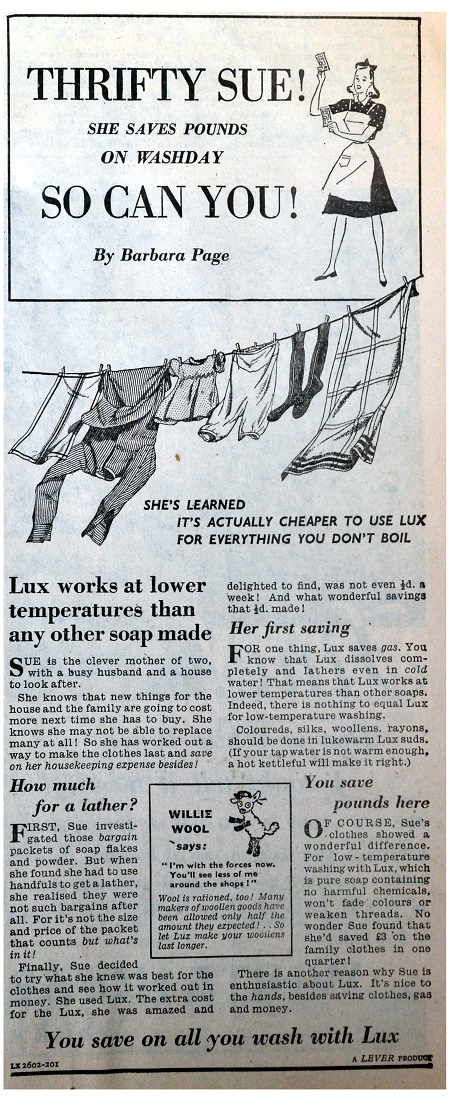
22 May 1940
Parliament passes The Emergency Powers Act 1940 (Defence). This further extends the authority to control persons and property by the government, for the duration.
10 June 1940
Mussolini's Italy declares war on Britain.
All Italian men aged 17 to 60 are arrested and interned.
Mobs attack Italian businesses and families in London, Liverpool, Belfast, Cardiff, Edinburgh and Glasgow.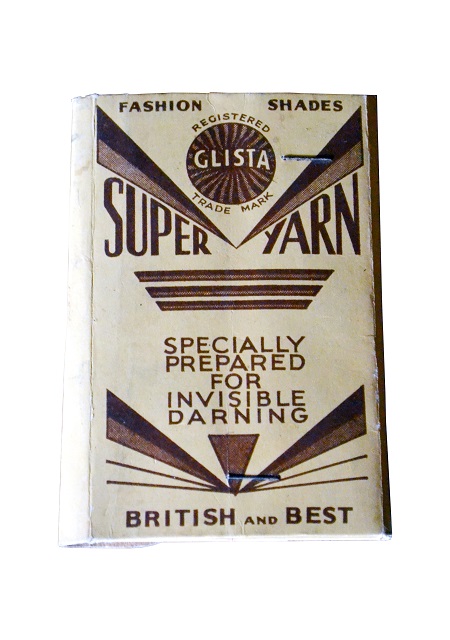
July 1940
The beginning of the evacuation of a further 60,000 schoolchildren from London and the Home Counties, which will take around 12 months to complete.
3 July 1940
The first raid by the Luftwaffe on Cardiff.
6 July 1940
The first Luftwaffe raid on Plymouth.
9 July 1940
The Battle of Britain officially begins.
10 July 1940
The Defence Regulation Act 58AA is introduced. This allows for the banning of any strike action and to force compulsory arbitration for the duration. While no trade union calls a strike during the war, there were some small local unofficial strikes in coal, shipbuilding and manufacturing.
21 July 1940
As part of the Children's Overseas Reception Board (CORB) scheme, 82 children are evacuated to Halifax in Canada on the SS Anselm via Liverpool.
25 August 1940
Central Birmingham suffers its first major raid by the Luftwaffe
28 August 1940
Liverpool is bombed for the first time in a major Luftwaffe raid.
7 September 1940
Luftwaffe raids on south London mark the beginning of the Blitz.
18 September 1940
The CORB evacuation scheme is abandoned following the loss of 77 children, after the Germans torpedoed the SS City of Benares.
31 October 1940
The Battle of Britain officially ends.
14 November 1940
Coventry is razed by the Luftwaffe using incendiary bombs, burning out the heart of the medieval city and destroying the cathedral. To read more about the German raid on Coventry, please click here.
24 November 1940
The city of Bristol and its docks suffer their first major raid by the luftwaffe.
To read about the ARP, click here.
To view our Maws Medical kit, please click here.
To view our collection of British newspapers, please click here.
Back
